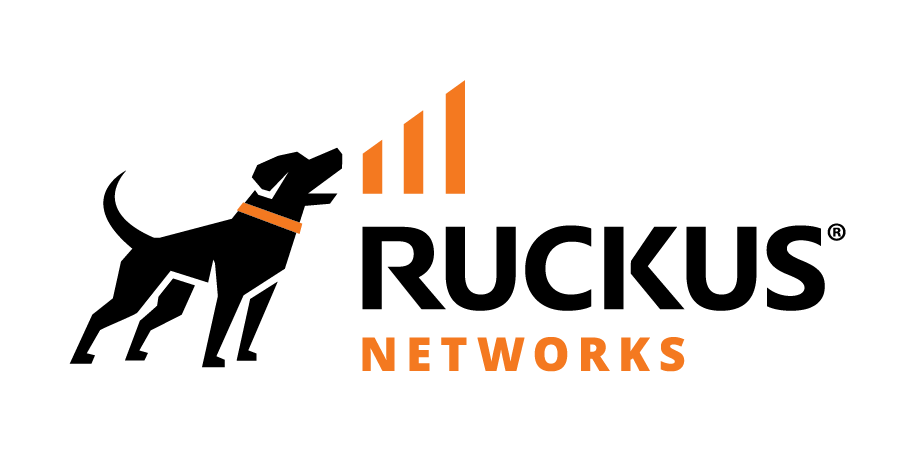- Community
- RUCKUS Technologies
- RUCKUS Lennar Support
- Community Services
- RTF
- RTF Community
- Australia and New Zealand – English
- Brazil – Português
- China – 简体中文
- France – Français
- Germany – Deutsch
- Hong Kong – 繁體中文
- India – English
- Indonesia – bahasa Indonesia
- Italy – Italiano
- Japan – 日本語
- Korea – 한국어
- Latin America – Español (Latinoamérica)
- Middle East & Africa – English
- Netherlands – Nederlands
- Nordics – English
- North America – English
- Poland – polski
- Russia – Русский
- Singapore, Malaysia, and Philippines – English
- Spain – Español
- Taiwan – 繁體中文
- Thailand – ไทย
- Turkey – Türkçe
- United Kingdom – English
- Vietnam – Tiếng Việt
- EOL Products
- RUCKUS Forums
- RUCKUS Technologies
- ZD
- Re: Why use "tunnel mode"
- Subscribe to RSS Feed
- Mark Topic as New
- Mark Topic as Read
- Float this Topic for Current User
- Bookmark
- Subscribe
- Mute
- Printer Friendly Page
Why use "tunnel mode"
- Mark as New
- Bookmark
- Subscribe
- Mute
- Subscribe to RSS Feed
- Permalink
- Report Inappropriate Content
03-19-2014 11:43 AM
From what I understand it forces all traffic through an L2TP, which to me seems like it would introduce some latency.
If so, why does it say recommended for "VOIP and PDA devices"?
Thanks,
Bob
- Mark as New
- Bookmark
- Subscribe
- Mute
- Subscribe to RSS Feed
- Permalink
- Report Inappropriate Content
03-21-2014 09:02 AM
I think from his explanation the inter-subnet roaming is the most important.
Bob
- Mark as New
- Bookmark
- Subscribe
- Mute
- Subscribe to RSS Feed
- Permalink
- Report Inappropriate Content
03-21-2014 09:11 AM
I turned on the encryption for tunneling, of course. So every AP can VPN bridge to the ZD, but on a lower level than normal VPN bridges. The ip ranges don't even need to be different, because it is tunneling on a lower level. Nice.
- Mark as New
- Bookmark
- Subscribe
- Mute
- Subscribe to RSS Feed
- Permalink
- Report Inappropriate Content
05-27-2022 01:48 AM
Tunnelling traffic has multiple applications. With VoIP (not necessarily Wi-Fi calling, which is a related but a very different beast), tunnelling the traffic can prevent prevent delay-sensitive traffic from being adversely affected by local network conditions which may impact latency.
We have a knowledge base article with more information here: https://support.ruckuswireless.com/articles/000002896
And a full document for download here: https://support.ruckuswireless.com/documents/2339-smartzone-voice-over-ip-voip-best-practices-design...
-
DHCP
1 -
IP lease
1 -
license snmp
1 -
Proposed Solution
1 -
Ruckus
1 -
server
1 -
VLAN
1 -
wap
1 -
zone director
1 -
ZoneDirector
1

